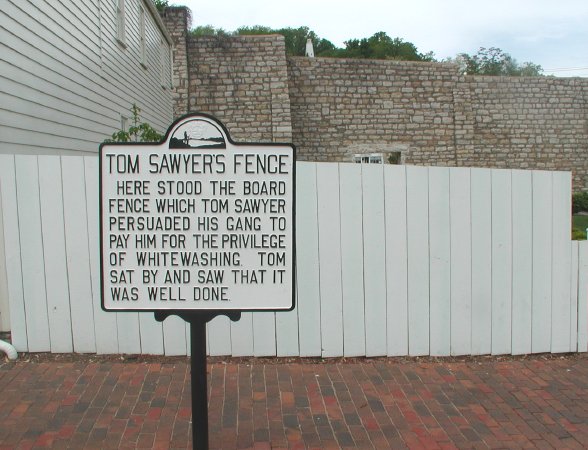...the DOE is among the most prominent defendants requiring payment from the Judgment Fund, which pays for claims against the government. The department paid out more in legal claims than any other agency last year and the year before, according to the fund's records — more than $5 billion over the last decade.
And according to the department itself, the bloodletting as far from over. The DOE has failed to make good on some of its most important contractual obligations for years, and its private partners have been collecting billions in damages.
So, how did the DOE get you into this predicament?
The Nuclear Waste Policy Act of 1982 requires that the DOE dispose of nuclear waste being produced at civilian energy plants around the country, which in turn pay fees for a long-term storage facility. The department's contracts with dozens of energy companies said it would start disposing of the waste in 1998.
The companies held up their end, feeding about $750 million into the Nuclear Waste Fund each year. But the department did not manage to set up any facility to receive the waste, forcing energy companies to store it themselves on-site.
The hang-up has been in finding a location for the centralized storage facility. For decades, Yucca Mountain in Nevada was the only location that could legally be considered, despite fierce opposition from state and local groups. The Obama administration eventually abandoned the site as "unworkable" in 2011.
Sound familiar to any of you regular blog readers? That's exactly what the DOE is doing "partnering" with filthy rich investors to dump a humongous electric transmission line across Midwestern states that receive no benefit from it. When the affected states said "no," DOE hefted the industry's water and ran with it to forcefully dump the project on communities fiercely opposed.
Why? Because the U.S. DOE is a politically influenced entity run by a political appointee. And political agencies are controlled by lobbyists for industry. DOE has no business trying to regulate the energy industry in the public interest. It's not about what's best for consumers and citizens, it's about bought and paid for political influence.
But here they are, trying "to transform America's electrical grid to handle much larger quantities of renewable energy" at a taxpayer cost of $220M. DOE is not a grid planner, it's a political water carrier and there's buckets of money to be made building renewable energy generators and a special, separate electrical grid to serve them. But only if the DOE uses federal muscle to force it to happen.
How does DOE square this
How will a grid that provides a two-way street to carry and store more renewable energy help resolve this situation? DOE's Hannegan responds with a sports analogy. On a mesh-like grid, the problem, whether it is a computer hacker, a big forest fire or a battery failure, is a threat that can be quickly isolated, allowing the rest of the surrounding grid to operate normally using better controls and quickly dispatched stored electricity.
The "two-way energy street mesh-like grid" of the future is dependent upon many small, local energy sources that can back each other up to "allow the rest of the surrounding grid to operate normally" when trouble happens. That's distributed generation, the complete opposite of centralized generation and long distance transmission. When there's no energy source in your community and a major, imported, centralized generation source fails, there's nothing there to pick up the slack.
DOE needs to quit carrying the industry's water. We can't afford it anymore.



 RSS Feed
RSS Feed